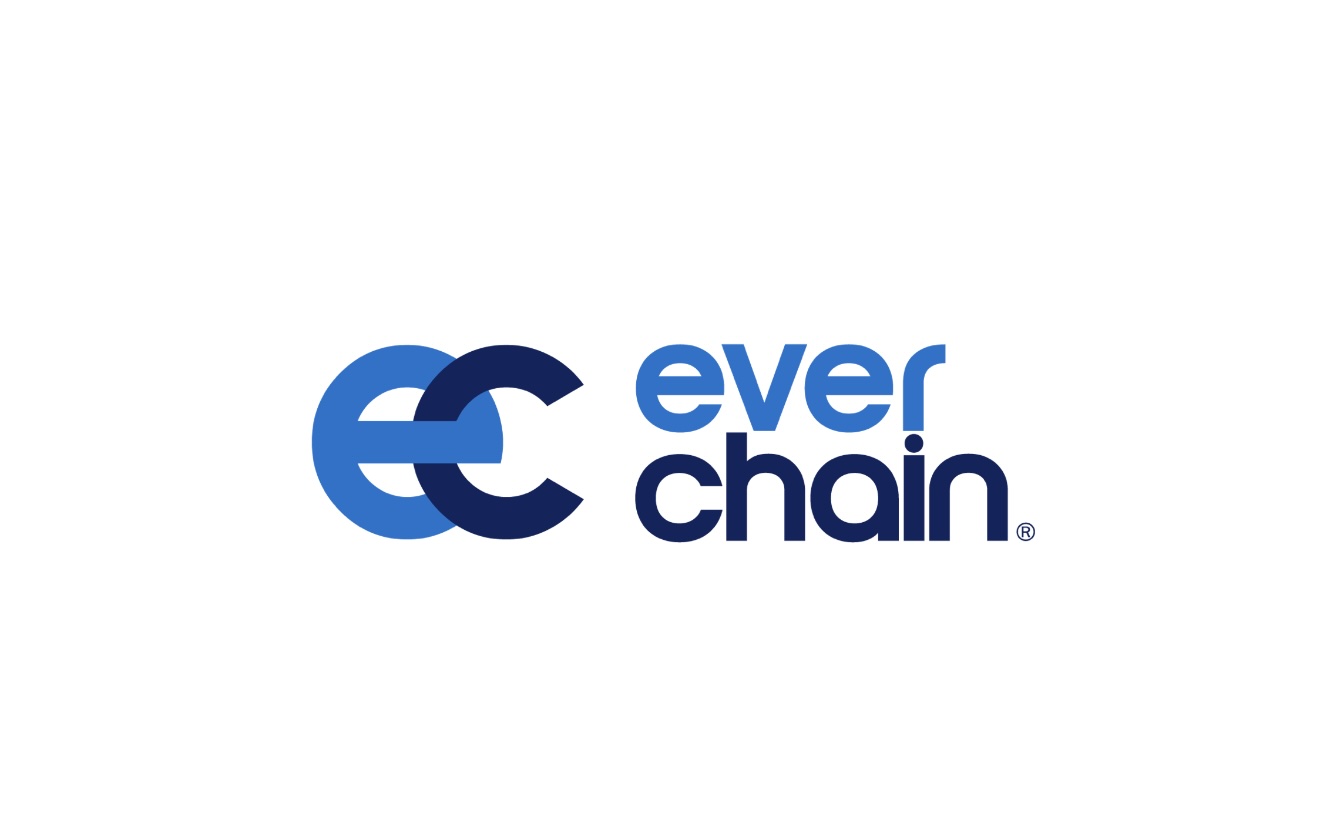Source: site
The Consumer Financial Protection Bureau (CFPB) has proposed significant changes that would substantially weaken fair lending enforcement standards in the U.S., particularly by eliminating the use of “disparate impact” to detect and address unintentional bias in lending practices.
Key Elements of the CFPB Proposal
-
End to Disparate Impact Enforcement: The proposal seeks to remove disparate impact liability from the Equal Credit Opportunity Act (ECOA), which means lenders would no longer be held accountable for practices that are neutral on their face but have discriminatory effects on protected classes (such as race, gender, or national origin).
-
Narrower Definition of Discouragement: Only explicit statements denying credit to protected groups would be considered illegal discouragement. Previously, discouragement could include subtler forms, like targeted marketing or lack of outreach to specific communities.
-
Restrictions on Special Purpose Credit Programs (SPCPs): The proposal would bar for-profit lenders from creating credit programs specifically for ethnic or racial groups to boost their access to credit, challenging longstanding industry practices aimed at increasing financial inclusion.
Broader Policy Context
-
These changes follow President Trump’s 2025 executive order directing agencies to scale back the use of disparate impact in their enforcement, part of a broader rollback of civil rights-era protections in lending.
-
If finalized, the rule would make it much harder for private parties, regulators, and state attorneys general to pursue discrimination cases against lenders, even if there is evidence of widespread disparities.
-
Progressive advocates and some former CFPB officials have called this a “radical departure” from past fair lending enforcement approaches, raising concerns that discrimination could go unchecked if only overt and intentional instances are prosecuted.
Industry and Legal Reactions
-
Lenders and some federal examiners welcome the clarity, arguing that adjusting practices purely to avoid disparate impact claims was overreaching.
-
Consumer groups and many civil rights organizations warn that these moves could undo decades of progress in equal access to credit and perpetuate systemic inequality.
Next Steps
-
The proposed rule is set for publication in the Federal Register, with a public comment period of at least 30 days before finalization.
-
There is uncertainty about whether the rule will be finalized, given ongoing legal and funding challenges facing the CFPB.
In summary, the CFPB’s proposal would severely limit fair lending enforcement by substantially narrowing the definitions and mechanisms regulators use to identify and prosecute discrimination in the lending industry.





